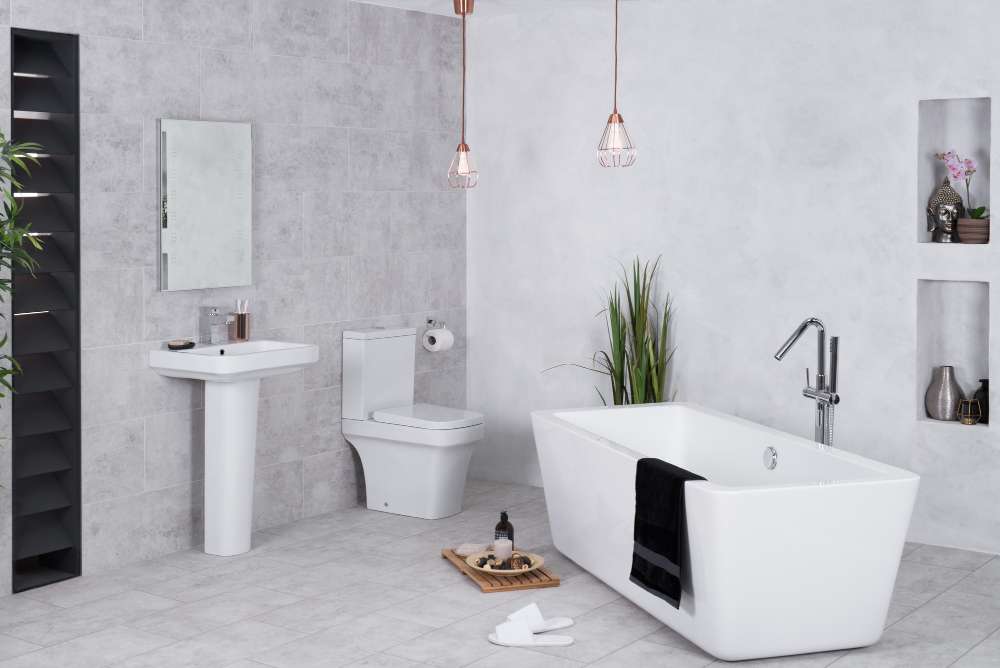Bathroom odors are a common household issue that can be embarrassing and bothersome. Fortunately, these unpleasant smells can often be easily remedied with the proper knowledge and tools. Here's a plumber's guide to maintaining a fresh, odor-free bathroom by addressing the most common sources of bathroom odors.
1. Regular Cleaning
The simplest yet most effective way to prevent bathroom odors is regular cleaning. Odors can develop over time due to soap residue, dirt, and organic compounds. Weekly scrubbing of the sink, toilet, shower, and floor can keep odors at bay and maintain a sanitary environment.
2. Proper Ventilation
Poor ventilation is a major contributor to lingering odors. Without adequate airflow, moisture and odors from organic waste can't escape, leading to musty smells and potential mold growth. Installing a quality ventilation fan that vents outdoors can significantly improve air circulation and reduce odors.
3. Fix Leaky Faucets and Pipes
Leaky fixtures can create damp areas ideal for mildew and mold growth, which can produce foul odors. Fixing leaks not only prevents water damage but also helps keep your bathroom smelling fresh.
4. Clean P-Traps Regularly
The P-trap is designed to trap a small amount of water in the U-shaped portion of the pipe under the sink, which blocks sewer gasses from rising into the bathroom. If a bathroom is not used often, the water in the P-trap can evaporate, allowing odors to seep through. Regularly running water can prevent this issue, and occasionally pouring a mixture of water and vinegar down infrequently used drains can help maintain a smell-free room.
5. Check for Wax Seal Failures
The wax seal under your toilet can deteriorate over time, allowing gas and odors to escape from the drainpipe. If you notice a persistent foul smell near the toilet, it might be time to replace the wax ring—a relatively simple and inexpensive fix.
6. Use Drain Cleaners Sparingly
While chemical drain cleaners can quickly fix clogged pipes, they should be used sparingly. Overuse can damage plumbing and exacerbate odor issues by disrupting the natural bacterial balance in your drains. For a safer alternative, use boiling water, baking soda, and vinegar to maintain clear and odor-free drains.
7. Inspect and Clean Vent Stacks
Vent stacks help regulate the air pressure in your plumbing system and expel gasses and odors. If they become clogged with leaves, debris, or bird nests, odors can be forced back into your bathroom. Regular inspections and cleaning of vent stacks are essential to prevent this.
A smell-free bathroom is essential for a comfortable and welcoming home environment. You can enjoy a fresh and pleasant bathroom by understanding and tackling common plumbing issues. Regular maintenance, proper cleaning, and occasional upgrades create a healthier and more odor-free space. Remember, many plumbing tasks are DIY-friendly, but feel free to call a professional if the problem persists or if you need help with how to proceed. An odor-free bathroom enhances your home's comfort and speaks volumes about your household's hygiene and maintenance standards.

